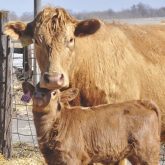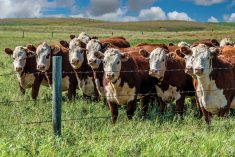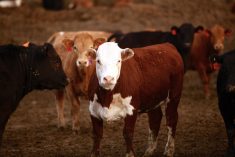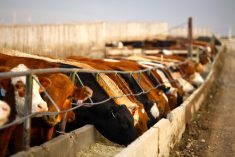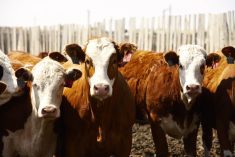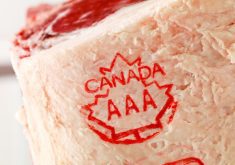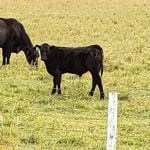It was anything but a conspiracy of silence.
After all, McDonald’s announced to the world a year ago that it would start sourcing “verified sustainable beef” from some country on the planet beginning in 2016.
But there was no big announcement when it decided Canada would be that country — although the fast-food giant told a fledgling organization, the Canadian Roundtable for Sustainable Beef, that was the plan.
It all came into the open when Alberta Farmer revealed the potential game changer for the beef sector in May.
Read Also
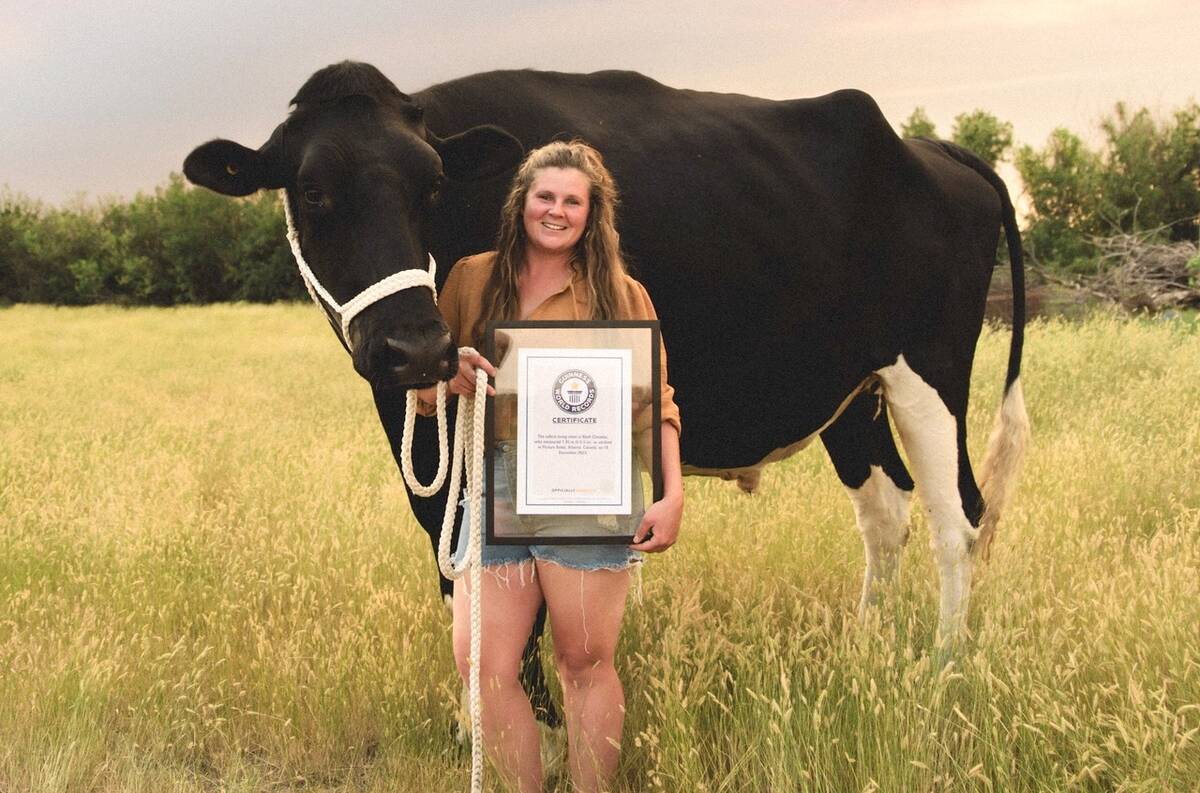
There has to be a world record for something out there
Hart Attacks columnist Lee Hart ponders about world records and one Alberta acreage which is home to the world’s tallest steer.
The reluctance to announce the pilot was understandable: Would it be viewed in the same light as A&W’s ‘better beef’ campaign, which implied commercially produced beef was inferior?
Alberta farm leaders — notably Greg Bowie, Bob Lowe, and Doug Sawyer — knew it was the opposite of that and had no hesitation in speaking about the pilot.
- More from the Alberta Farmer: A memorable year in the books, and another one on the horizon
“A lot of these things (regarding sustainable beef) are going to be things that producers are doing anyhow,” Bowie said in May. “They’re just going to come up with a means of proving that the producer is doing it.”
Bowie, chair of Alberta Beef Producers, vice-chair Lowe, and past chair Sawyer doggedly emphasized that in every interview during the rest of the year: The pilot was not about changing Canadian beef production to make it sustainable, but showing the world that producers here were already doing that, they said time and time again.
And that’s exactly why McDonald’s chose Canada.
There were three reasons. First and second, in the wake of BSE, Canada created a robust traceability system and also an on-farm food safety program, Verified Beef Production (VBP). Thirdly (and perhaps sadly), the country’s packing industry is dominated by just two players (Cargill and JBS), which service one facility in Spruce Grove that makes all of the burger patties for McDonald’s Canada, the country’s largest buyer of beef. That makes the logistics of creating a verified system much easier.
But there was — and is — one missing link, and it’s the most important part for beef producers.
- More from the Alberta Farmer: Big Data is coming to the cattle business
To ‘verify’ that beef is sustainable, you need a robust database. Right from the start, the idea was to piggyback on a carcass-data system, such as BIXS — short for Beef InfoXchange System. BIXS, like the Canadian sustainability roundtable, is a creation of the Canadian Cattlemen’s Association and was designed to provide cow-calf producers with packer data, with the idea they could improve cattle genetics and management by knowing how their animals graded.
McDonald’s and other buyers need that system to seriously up their game — and that was likely a key factor in the CCA’s decision in December to partner with ViewTrak Technologies “to expand BIXS’ reach.”
That means going beyond food safety and including (and certifying) things such as an environmental farm plan, compliance with animal welfare protocols, and audits. And every sector — cow-calf, backgrounder, feedlot, and packer — needs to share its data.
That would open a new door: A ‘big data’ system that allows cattle producers to benchmark every aspect of their operation and find new ways to produce ‘better beef’ more efficiently.
The McDonald’s pilot is now old news, but its implications for cattle producers is a story yet to be written.



